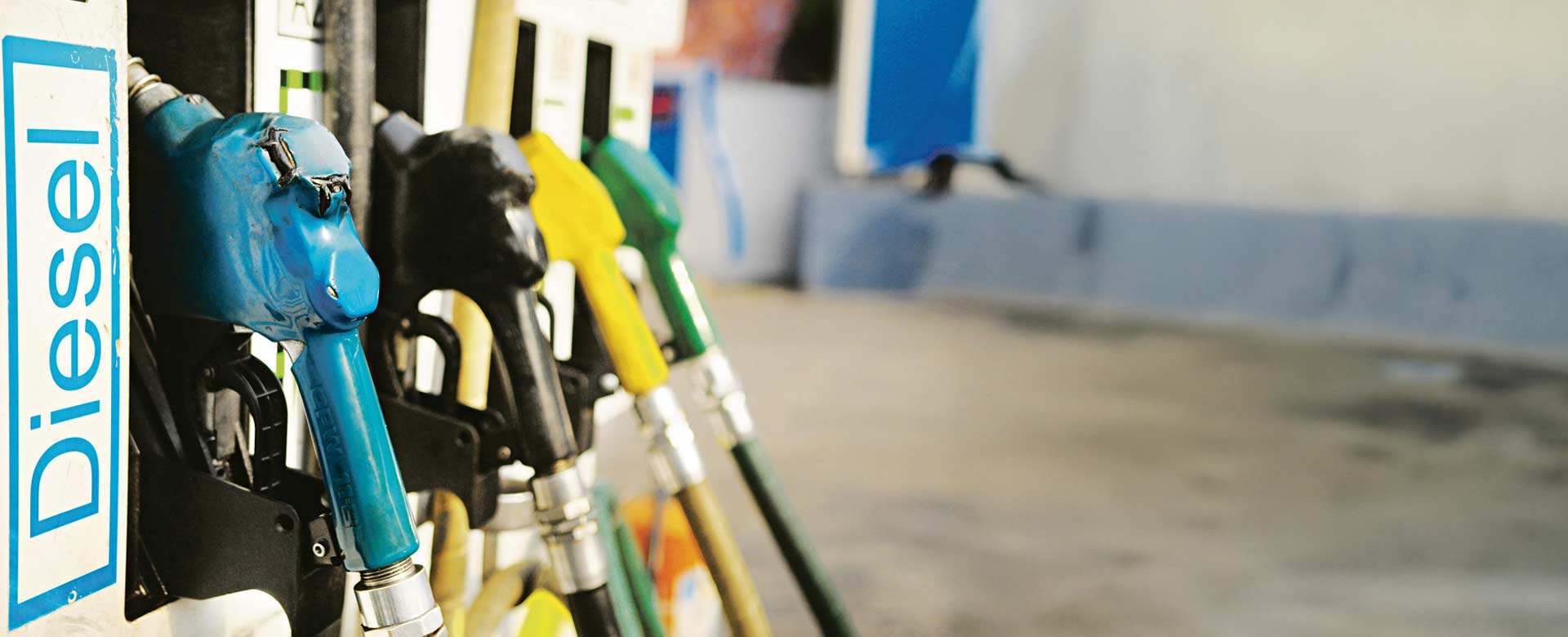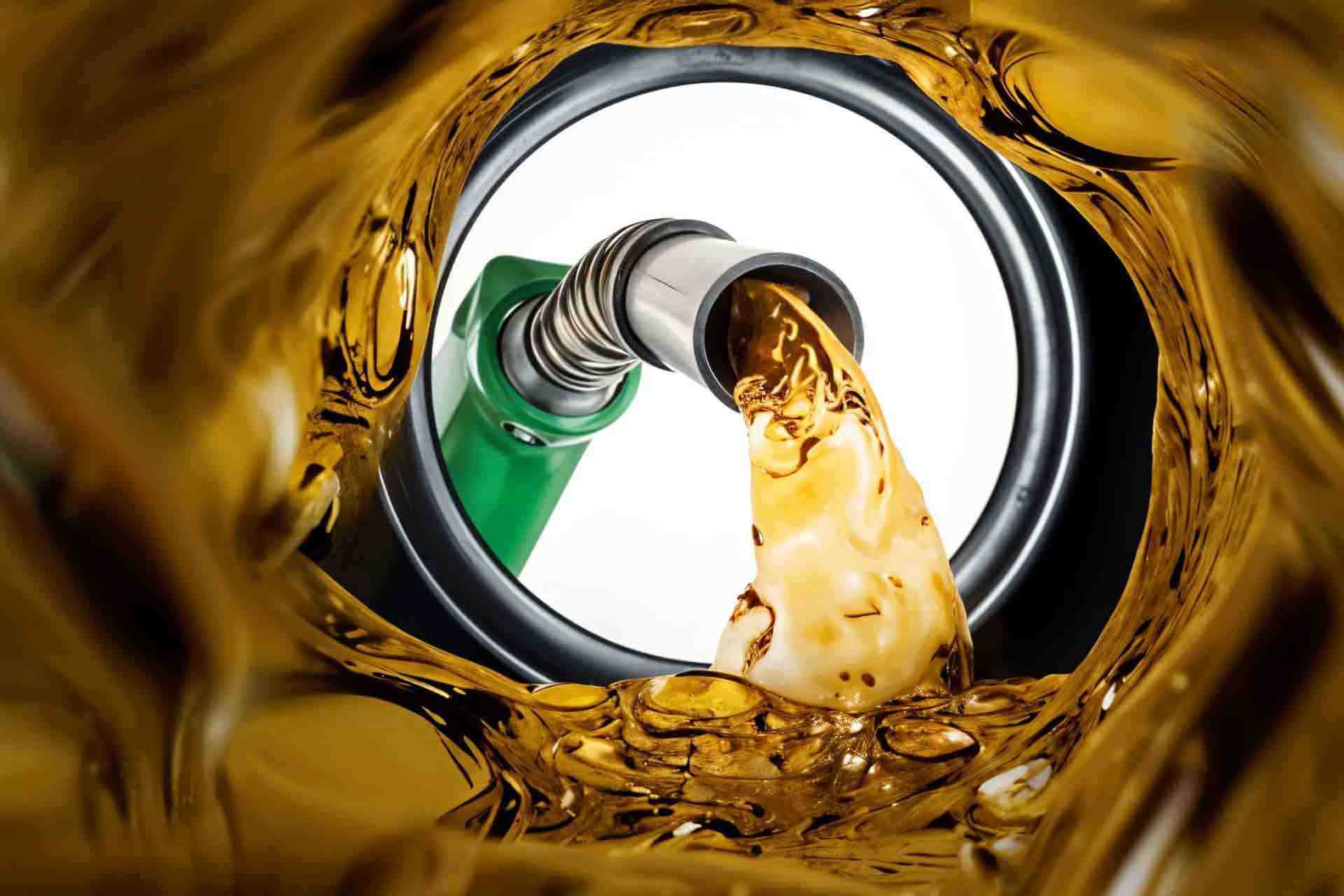Top 10 African Countries with the Lowest Diesel Prices at the End of 2024
Africa, a continent rich with natural resources and economic variety, yet surprises with the potential to provide some of the most reasonably priced diesel fuels around. Diesel pricing gives an interesting image at the crossroads of legislative decisions, abundance of oil supplies, and different degrees of economic development. A few African countries that stood out in December 2024 with shockingly low diesel prices attracted not only locals but also international investors looking for chances in the infrastructure and energy industries. Let’s investigate the top 10 African nations with the lowest diesel prices and investigate more general consequences for investment opportunities in Africa.
Top 10 African Countries with the Lowest Diesel Prices
Libya: Diesel at $0.03 per Liter
Libya consistently ranks among the world leaders in providing the lowest diesel costs. With the ninth biggest proven oil reserves in the world, this North African country maintains very cheap fuel prices by huge subsidies. These subsidies result from a dedication to using oil revenue to control citizen living expenses, even in the middle of regular instability in politics.
Libya’s low cost fuel helps companies in production, transportation, logistics, and operations to save costs. Although its political environment is still difficult, the unrealized potential in infrastructure and energy diversification offers African businesses for bold investors great economic prospects.
Angola: Diesel at $0.33 per Liter
Being the second biggest oil producer in Africa, Angola guarantees fuel availability for its people by means of its substantial capacity for refining and production. Using its oil resources to support infrastructure, energy, and agriculture initiatives, the nation has advanced economic diversification.
Low diesel prices in Angola provide a portal for international companies wishing to make investments in industries including manufacturing, transportation, and building. Investing in Angola is starting to appeal more and more as projects like the Cabinda oil refinery are almost finished.
Algeria: Diesel at $0.34 per Liter
Driven by large reserves of natural gas and oil, Algeria’s diesel prices reflect its robust energy sector. Government subsidies help to keep gasoline prices reasonable, therefore reducing industrial and transportation expenses generally.
The low cost of gasoline helps Algeria attract industrial development. Investors looking at prospects in North Africa could gain from Algeria’s strategic location and emphasis on infrastructure development to facilitate trade and logistics.
Egypt: Diesel at $0.35 per Liter
Egypt, a major participant in the African energy landscape, provides diesel at reasonable prices by combining government policies meant to control gasoline prices with domestic oil production.
Low diesel prices in Egypt help its fast growing businesses in everything from tourism to agriculture. The worldwide commercial center of the country, Suez Canal, depends on reasonably priced petroleum as well to keep its competitiveness. Egypt presents interesting business opportunities in Africa as the government is pushing renewable energy alongside fossil resources.
Sudan: Diesel at $0.70 per Liter
Thanks in part to its own production of oil, Sudan keeps diesel prices rather low in spite of its economic challenges. Although the political unrest of the country poses challenges, its reasonably priced diesel provides the basis for important industries such transportation and agriculture.
Long-term vision investors should investigate prospects in Sudan’s infrastructure and energy sectors, thereby leveraging the demand for resource optimization and modernizing of the country.
Ethiopia: Diesel at $0.71 per Liter
Ethiopia is a non-oil-producing nation, hence its cheap diesel prices come from strict government control and an emphasis on lowering transportation hurdles. The economic plan of the country emphasises industrial parks and export-oriented development, where fuel economy is rather important.
Supported by a developing infrastructure network, Ethiopia presents investors with unrealized potential in logistics, agro-industries, and renewable energy.
Nigeria: Diesel at $0.77 per Liter
The biggest oil producer in Africa, Nigeria finds a mix between domestic use and export obligations. Although efforts like the Dangote Refinery seek to turn Nigeria into a self-sufficient energy powerhouse, historically improving inefficiencies have led to price volatility.
Particularly in energy, manufacturing, and logistics, Nigeria presents unmatched business opportunities in Africa thanks to its great abundance of natural resources and large consumer base. Its low diesel prices improve the viability of big industrial projects.
Tunisia: Diesel at $0.80 a liter
Tunisia’s strategic position and government priority for energy prices appeal to businesses depending on reasonably priced fuel. The nation is substantially spending on diversifying its source of energy, and initiatives including renewable energy are becoming popular.
With chances in green energy, manufacturing, and trade facilitation, Tunisia offers international investors a portal to both African and European markets.
Gabon: Diesel at $0.90 per Liter
Gabon guarantees fuel affordability for its home market as an oil-producing country even exporting high-value crude. Gabon presents an interesting possibility for investors because of the government’s focus on economic diversification—especially in mining and forestry—which makes a difference.
Low diesel prices support affordable operations in several industries, therefore generating synergies for businesses looking to invest in Africa.
Ghana: Diesel at $1.00 per Liter
The diesel pricing of Ghana shows that it centers on matching domestic fuel use with dynamics of the world. Though its rates are more than those of other African countries on this list, Ghana’s energy policies encourage industrial development and attract foreign business.
Ghana is positioned as a top investment destination in West Africa by the country’s stable political climate and combined prospects in mining, energy, and agriculture.
Factors Influencing Diesel Prices in Africa

Production Capacity of Oil
Because they rely less on imports, nations with large oil reserves—like Libya and Nigeria—clearly benefit from lower gasoline prices.
Government Subsidies
Maintaining affordability depends much on fuel subsidies, especially in countries like Algeria and Angola. These subsidies can, however, sometimes be expensive for the government.
Globally Changing Oil Prices
Variations in global oil prices affect domestic diesel prices, particularly in nations dependent on imports.
Refining Infrastructure
Advanced refineries like those seen in Angola and Nigeria assist in lowering costs by reducing dependency on imported refined goods.
Investment and Business Opportunities in Africa
Cheap diesel offers a lot of investment possibilities in Africa, especially in sectors related to energy-intensity.
Logistics and Transportation: Affordable fuel reduces transportation expenses, thereby giving businesses chances to build reasonably priced logistics systems.
Manufacturing and Export: Countries like Egypt and Algeria appeal as manufacturing hubs for industries depending on diesel-powered machinery since lower running costs benefit them.
Renewable Energy Projects: Renewable energy solutions are becoming more and more sought after as African countries diversify their energy sources. The shift to renewable energy sources lets investors profit.
Agriculture: For Africa’s agriculture, low fuel prices are a blessing since they allow more effective irrigation, harvesting, and transportation. For countries like Ethiopia and Sudan in particular, this is very pertinent.
Challenges to Consider
Although diesel’s low cost offers benefits, prospective investors need nonetheless be aware of the challenges:
Political Crisis: Countries like Sudan and Libya deal with problems of government that might affect trade.
Environmental Concerns: Dependency on fossil fuels causes environmental damage, so countries are driven to adopt greener substitutes.
Economic Volatility: Subsidy-dependent pricing strategies might provide financial difficulty in times of changing oil prices.
Conclusion
The fact that diesel prices are reasonably affordable for Africa highlights its possible hub for manufacturing, logistics, and energy sectors. Leading the charge are nations like Libya, Angola, and Egypt, where affordable gasoline fuels economic development. For investors, these countries—supported by changing infrastructure and government initiatives—represent doors to unexplored markets.
Businesses can find exceptional investment opportunities in Africa by negotiating the complexity of local marketplaces and taking use of low diesel prices. The interaction of energy affordability and economic growth prepares the ground for transforming investments as the continent keeps on its path toward modernization and sustainability.
FAQ
1. Which African country has the cheapest diesel prices in 2024?
With a cost of over $0.031 per liter as of December 2024, Libya boasts the most reasonably priced diesel rates in Africa.
Libya’s substantial regional oil reserves and government’s major fuel subsidies help to explain this cheap price. These subsidies, however, seriously tax the national budget and cause financial difficulties.
2. What factors affect diesel prices in African countries?
Diesel prices in Africa depend on several factors:
Domestic Oil Production and Refining Capacity: Libya and Algeria can manufacture and sell diesel cheaper due to their large oil deposits and refining facilities. In contrast, countries without these resources import, raising prices.
Government subsidies and taxes affect fuel prices: Algeria’s fuel costs are among the lowest in the area since the government actively subsidizes them.
However, these subsidies may strain national budgets and be unsustainable.
Global Oil Market Dynamics: Oil price fluctuations affect domestic fuel pricing. International factors including crude oil prices and the rand-US dollar exchange rate affect South Africa’s monthly fuel prices.
Forex: The strength of a country’s currency against the US dollar influences oil import prices. Since more local currency is needed to buy oil, a weaker currency can raise fuel prices.
Efficiency in infrastructure and supply networks lowers transportation and distribution costs, lowering diesel prices. However, logistical issues can raise prices.
3. What is the average cost of diesel in Africa in 2024?
The average diesel price in Africa ranges greatly. Libya’s diesel price as of October 2024 was $0.031 per liter; nations including the Central African Republic paid rates as high as $2.16 per liter.
This difference emphasizes the varied economic environments and resource availability all across the continent.
4. How do subsidies impact diesel prices in Africa?
Government subsidies help to greatly lower consumer diesel prices. For instance, Algeria’s subsidies help to make gasoline among the least expensive in all of Africa.
Such subsidies, meanwhile, may not be long-term viable and could tax national budgets. Furthermore, the elimination of subsidies can result in more expensive fuels, therefore sparking public discontent as shown in several African countries.
5. How does diesel pricing in Africa compare to global averages?
Diesel prices vary all over depending on comparable components. Libya’s fuel price of 0.031 per liter was among the lowest globally as of October 2024.
By contrast, nations like the Central African Republic experienced some of the highest diesel rates worldwide, which reflected issues with infrastructure, supply chains, and import reliance.
This analogy emphasizes the considerable differences in fuel prices between African countries and the worldwide norm.
In the end, a complex interaction of domestic production capacity, government regulations, global market dynamics, exchange rates, and infrastructure efficiency shapes diesel pricing in Africa. Effective navigation of the African energy scene depends on stakeholders knowing these elements.





